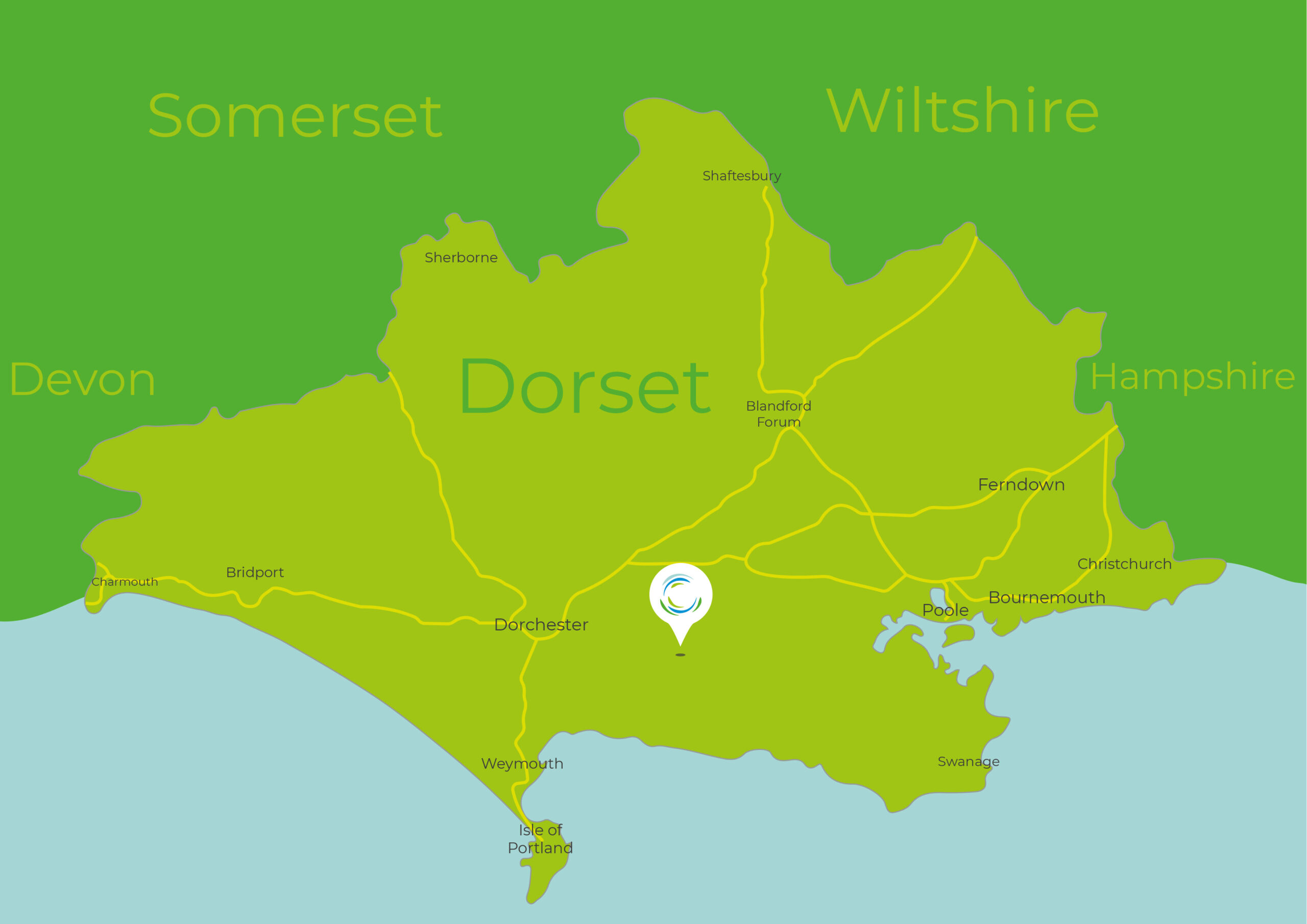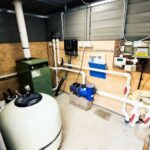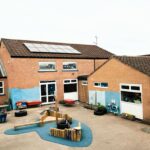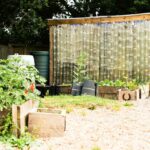As the heating of the pool is a major contributor of the school’s greenhouse gas emissions during summer, it was recommended that pool-related efficiency measures should be the first thing to consider when looking at reducing emissions.
Recommended efficiency measures included turning the temperature of the pool down. This is by far and away the largest, and simplest, potential efficiency saving available. Even a small reduction in temperature can lead to large savings.
Another recommended measure was the use of a pool cover. This would conserve energy in two ways, firstly it stops heat leaving the surface of the water, and secondly it reduces evaporation from the surface which is a large cause of heat loss. The pool cover should be kept on whenever there isn’t direct sunlight on at least half of the pool, when it is windy, or when the air is especially dry.
It was also recommended that they explore swapping the pool’s heating system from mains gas to an air-source-heat pump (ASHP). ASHPs use electricity to move heat, rather than to generate it, and therefore can use electricity far more efficiently than traditional electric heating. A benefit of an electric heating source is that it will mean nearly all the electricity generated by the school’s solar panels will be used, ensuring the largest possible financial savings. A rough cost to install an 18kW ASHP (the size needed for Broadmayne school’s pool) is £4.5K, and annual savings to the school are likely to be around £250 a year. The swap to a heat pump would also result in large emissions savings, and would nearly halve the pool’s carbon footprint, saving over 3 tonnes of CO2e a year.


































